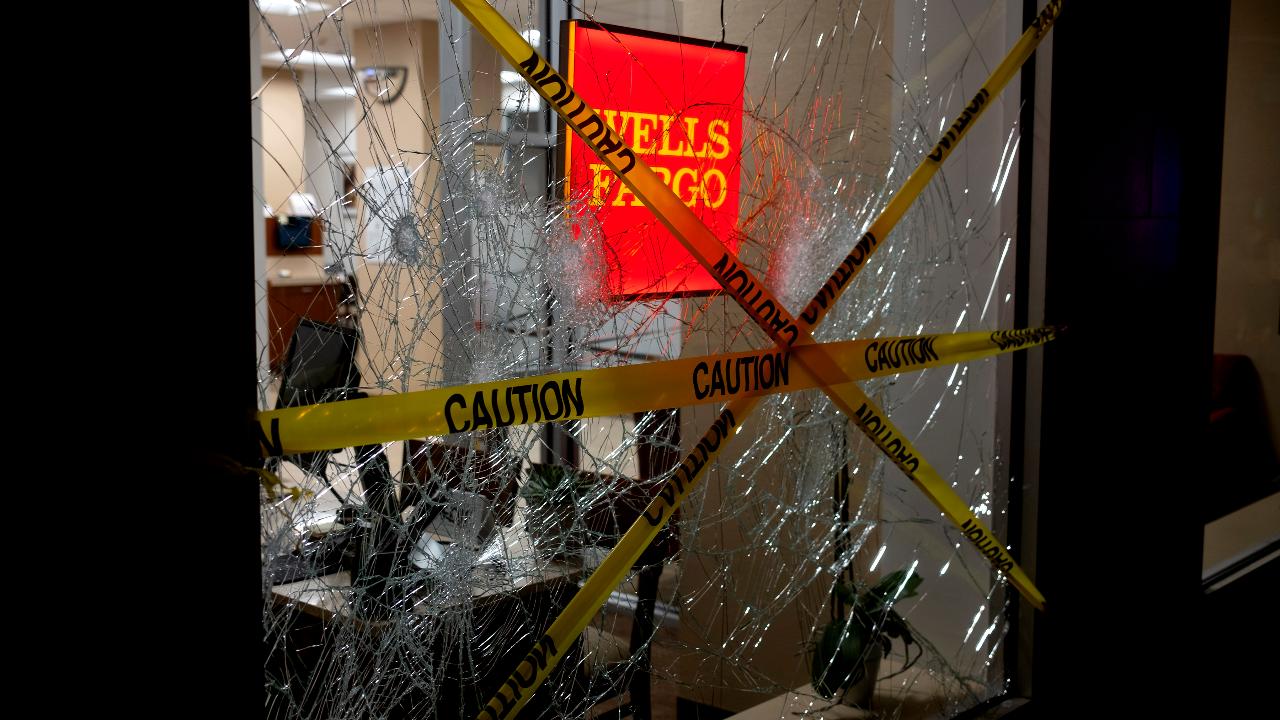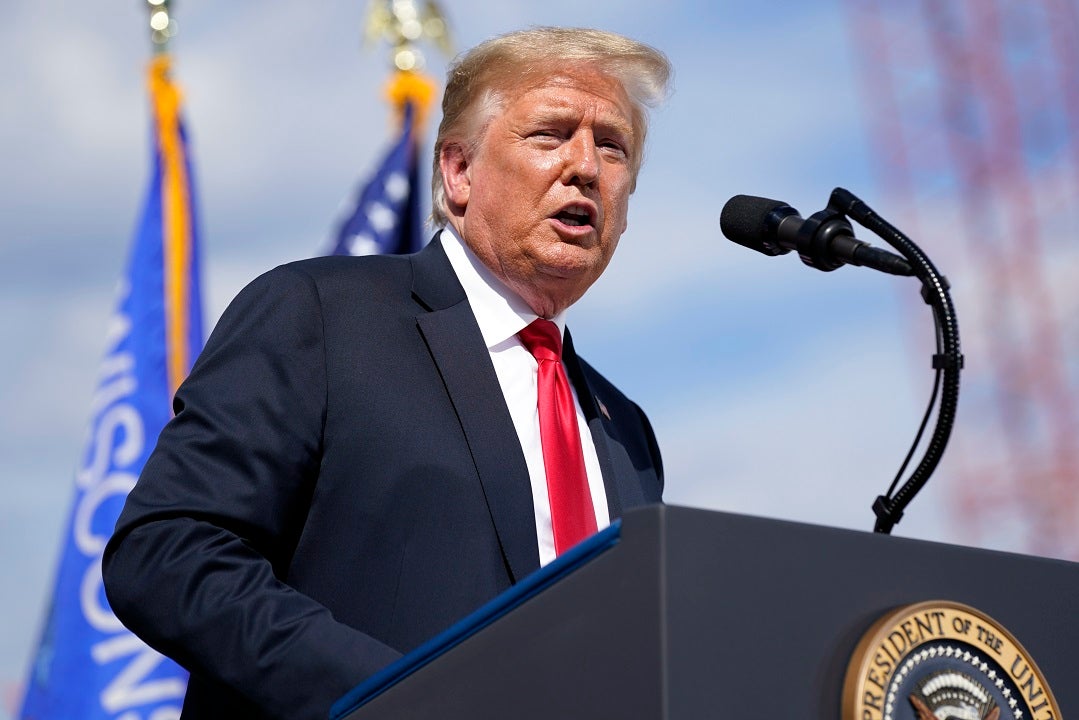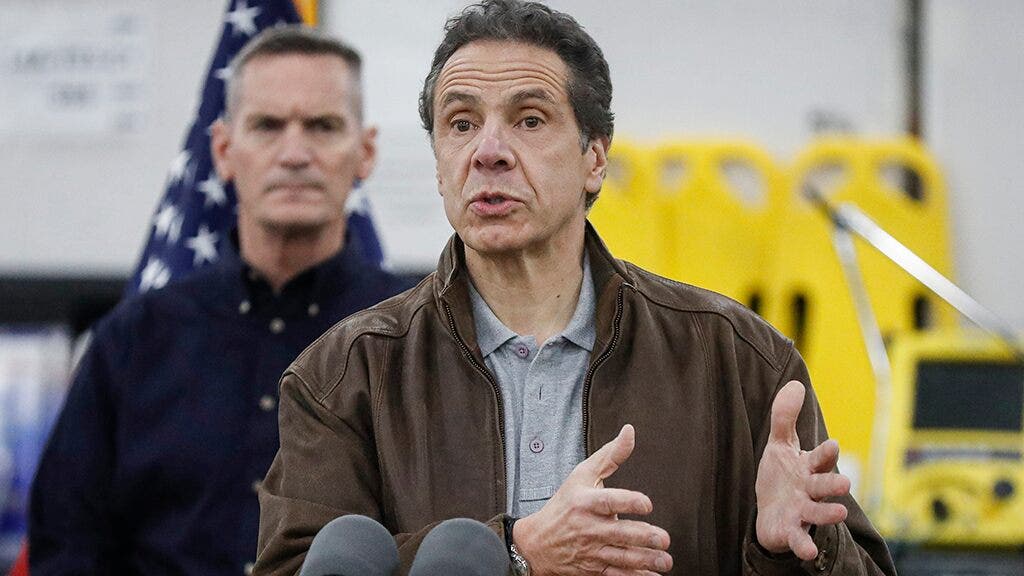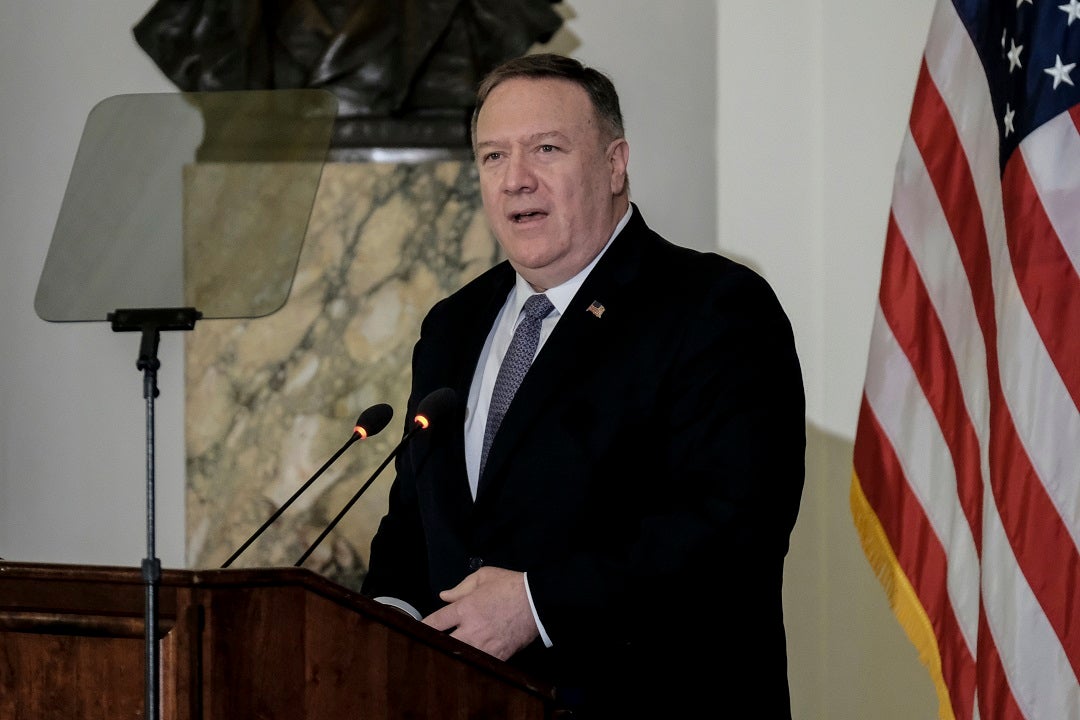Twitter Accounts Deleted. Social Media Scrubbed. Spooked Hong Kong Braces for New Security Law
HONG KONG—On Tuesday morning, Beijing’s top legislative body unanimously passed a secretive national security law that specifically applies to Hong Kong, a special autonomous region that until now has enjoyed freedoms that do not exist in most of China.The new law will go into effect as soon as Wednesday, and targets persons in Hong Kong involved in what the Chinese government calls “secession, subversion, terrorism, and collusion with foreign forces”—charges often slapped on Chinese nationals who express dissent publicly within mainland China.The secretive security law has Hongkongers spooked. The Chinese Communist Party’s effectiveness controlling its population on the mainland is in setting up situations where people self-censor, and already there are signs that’s happening here. Many signs.Some people have deleted their Twitter accounts. Others are wiping their Facebook and Instagram feeds of digital protest art that was disseminated widely through AirDrop and social networks. Protest art that adorns storefronts is being removed. Local writers who were outspoken against the Chinese government are asking publications to take down their articles. FBI: China’s Top Diplomat in America Covertly Recruits ScientistsThe Hong Kong National Front, a group that advocates for the city’s independence from China, disbanded on Tuesday afternoon, passing all work to its overseas branches in Taiwan and the United Kingdom. Well-known figures like Joshua Wong, who had his start as a student activist and years later became the secretary-general of pro-democracy group Demosistō, stepped down from his position in the organization. Other leaders of the same group did the same, and then Demosistō disbanded too. More political groups may do the same in the next few days.Friends have lamented that this is “the final nail in the coffin,” and that it’s all downhill from here. One chief worry is that China’s Great Firewall may also surround Hong Kong, and online surveillance tools will be deployed to identify people who have made posts or sent out tweets related to the anti-government protests that rocked the city last year, or even advocated for Hong Kong’s independence from the Chinese Communist Party.Among the 7.5 million people in Hong Kong, around a dozen have seen the draft of the security law because they are representatives of the city in the National People’s Congress. But few details have been shared with the public. On Tuesday morning, when Hong Kong chief executive Carrie Lam appeared for a press briefing, she dodged all questions related to the matter and she actually said, “It is inappropriate for me to comment on the Hong Kong National Security Law.”Officials who have seen the law’s draft told Chinese state media that it includes the penalty of life imprisonment, although it remains unclear under what circumstances this punitive measure may be applied. Chinese state-run media outlet Xinhua reported that Chinese intelligence and security organs will establish a formal presence in Hong Kong, but their roles in the city and how they will fit into the existing security apparatus have not been explicitly defined. The Hong Kong Police Force will also likely set up a new secret police unit that will have up to 200 officers handling matters related to intelligence gathering and national security.On Tuesday, one of Hong Kong’s National People’s Congress delegates, Stanley Ng, uploaded a video to Facebook, which is banned within the Great Firewall, and said the provisions are being kept under wraps because Beijing “wants the real impact of intimidation and deterrence.” Ng then justified the law’s effect by referring to the resignations of leading figures in the pro-democracy movement.RTHK, Hong Kong’s public broadcasting service, reported that any people who breach the (vague, secretive) security law will see their activities from the past two years reviewed and possibly admitted as evidence against them in trial, and that some extreme cases may be handled by mainland Chinese courts.There’s already a minor witch hunt taking place. Former Hong Kong chief executive Leung Chun-ying, who was seated as head of the city’s government during the Umbrella Movement in 2014, is offering up to HKD 1 million, or $129,000, to anyone who provides actionable information about individuals in Hong Kong or abroad who breach the security law.The law’s passage comes one day before the 23rd anniversary of Hong Kong’s change in status from British colony to a territory that is under Chinese sovereignty. Even before the handover in 1997, Beijing offered reassurances that matters in the port city would “remain unchanged for 50 years,” and that Hong Kong would operate under the principle of “one country, two systems,” meaning that its governance would be separate from mainland China’s with much higher degrees of freedoms of expression, the press, religion, and more in place for half a century.But Hongkongers have for years been cautious about the promise, and many have expected those freedoms to be gradually shaved away by Beijing. They just expected it to happen later, closer to 2047 rather than in the summer of 2020.The people of Hong Kong are particularly worried about being left in the dark when it comes to the security law. The Chinese government’s legislation is notoriously vague, giving officials much leeway to disappear critics and stamp out dissent. Two Canadians, Michael Kovrig and Michael Spavor, have been in detention in China since December 2018 in retaliation for the arrest of Huawei executive Meng Wanzhou, who is also the daughter of the company’s founder, Ren Zhengfei.And on Sunday, the extremist Chinese state media outlet Global Times reported that clusters of Australian “spies” were uncovered and “caught red-handed” by Chinese law enforcement agencies. The proof? They were carrying cash, a compass, metro maps, a pocket notebook, a USB drive, gloves, and a face mask—the sort that is worn to prevent transmission of the coronavirus that causes COVID-19.So—“subversion” and “terrorism”? Unlikely.Hong Kong’s new security law is one of many points of contention between Beijing and Washington. The Trump administration has placed export restrictions on some high-tech products, banning their sale to entities in Hong Kong in response to Beijing’s increasingly constricting control over the city. And last week, Trump announced new visa restrictions on Chinese officials who are “smothering” Hong Kong’s freedom.On Monday, in return, Beijing slapped visa restrictions on U.S. officials who have “behaved extremely badly” by “meddling” in Hong Kong’s affairs.Since May, Hong Kong has been blanketed with ads about the secretive law. Over a gradient background that shifted from baby blue to seafoam green to dusk orange, the posters, billboards, and subway public address announcements read: “National Security Law. Preserve one country, two systems. Restore stability.”Many have been defaced.Every year, on July 1, a major public holiday, Hongkongers march to speak out against the CCP, at times reaching seven-figure attendance. This year’s rally was banned by the police, but the organizers said they will proceed anyway, prohibition be damned.Read more at The Daily Beast.Get our top stories in your inbox every day. Sign up now!Daily Beast Membership: Beast Inside goes deeper on the stories that matter to you. Learn more.
from Yahoo News - Latest News & Headlines https://yhoo.it/3ijJs3i
via Yahoo News




































